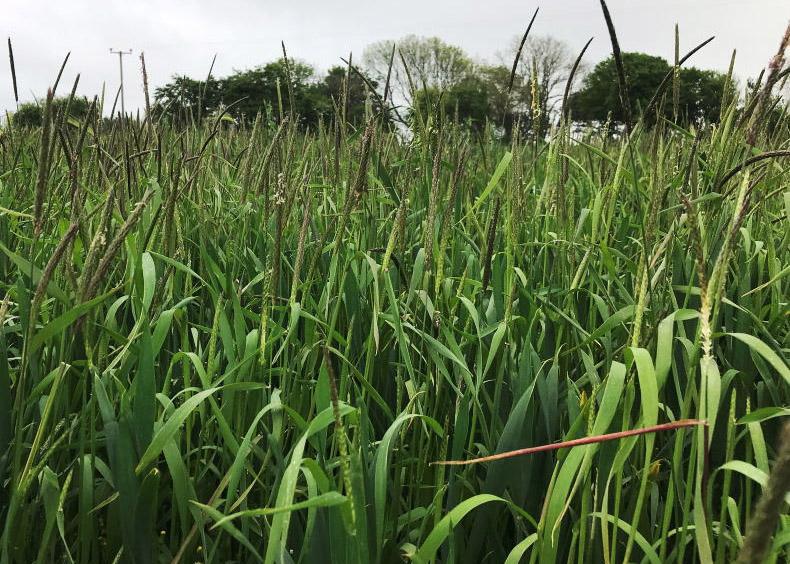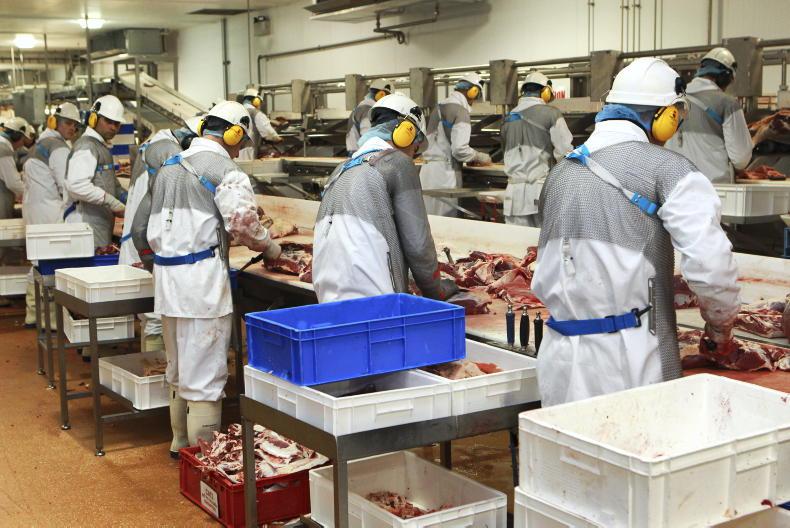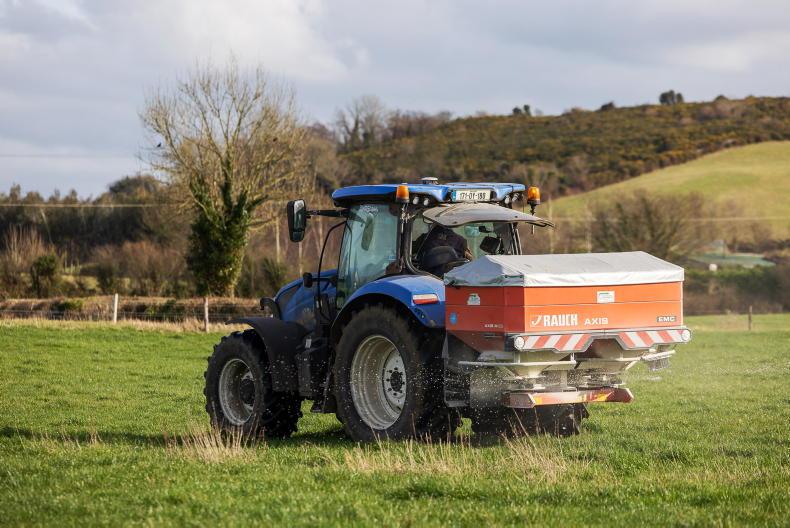VAT exemptions on fertiliser and animal feeds should be scrapped, a review of Ireland’s environmental performance by the Organisation for Economic Co-operation and Development (OECD) has recommended. “Some agricultural inputs benefit from favourable tax treatment.
“Removing these exemptions would contribute to a more efficient use of resources, improving water quality and reducing greenhouse gases and ammonia emissions,” the review said.
On a 500kg bag of CAN costing €135, this could result in a price increase of €28 to €163, if the 21% VAT rate was applied.
If the same rate was applied to €300/t of feed, the price could jump to €363/t.
The OECD review has also recommended that the tax concessions on fuel used for farming be removed.
It said the revenue generated from scrapping these tax exemptions should be recycled to support general agricultural services “or to individual farmers (on the basis of farm size and type)”.
It also said that Ireland should consider introducing a pesticide tax “based on toxicity of the active ingredient”.
Target for emissions from livestock
Ireland should set a target for biogenic methane emissions and establish an emissions trading system for agricultural emissions, the review recommended.
It said the target for biogenic methane emissions should be consistent with Ireland’s climate-neutrality goal of 2050, as recommended by the Climate Change Advisory Council.
Ireland should also ensure that the roadmap for a low-carbon transition of farming and the agri-food sector “strengthens coherence between production targets and climate goals,” along with objectives related to air emissions, water quality and biodiversity.
Farmer income from the CAP should be shifted towards agri-environment payments based on environmental outcomes, including the reduction of nutrient losses, and GHG and ammonia emissions, the review recommended.
It also said Ireland should consider introducing pricing instruments to address nutrient losses from agriculture, for example charges on nutrient losses or water quality trading.
Fuel
The report says that the share of renewables in the country’s energy mix has more than doubled since 2010. However, fossil fuels such as coal, peat and oil provide half of home heating.
“Ireland needs to phase out residential fossil fuel boilers more rapidly, while considering fuel-poverty risks,” the report said.
Biodiversity policy
While Ireland has strengthened its biodiversity policy framework, the review found that implementation challenges remain due to the variety of sectors that affect biodiversity.
“Funding that directly targets species and habitat conservation is limited.
“The declining conditions of habitats raise questions about the effectiveness of spending. An assessment of financial needs for biodiversity protection will be concluded in 2021,” it said.










SHARING OPTIONS